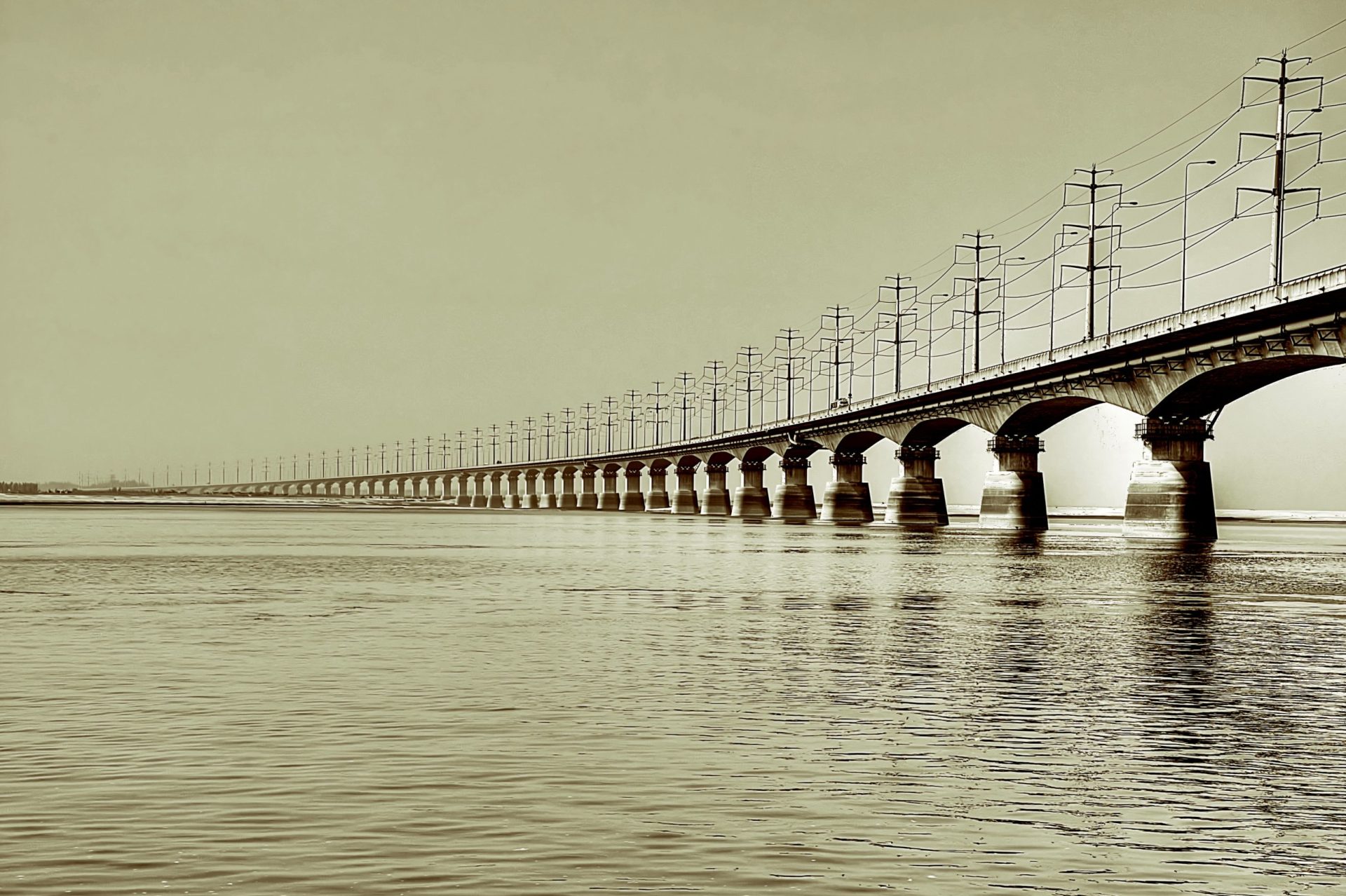
New research led by Dr Zaki Wahhaj and Dr Amrit Amirapu shows how a major transport infrastructure project in Bangladesh in the 1990s induced marital migration by rural-born women to the rapidly growing manufacturing belt in the Dhaka region.
The study found that the Bangabandhu Multi-purpose Bridge (over the Jamuna River in Bangladesh), opened in 1998, increased marital migration to – and employment in ready-made garments factories in – the Dhaka region, relative to women from other parts of the country. The bridge dramatically reduced travel times between the economically deprived north-western region and the Dhaka region. No effect was found on independent migration by women from the north-western region to Dhaka.
Published in the Journal of Development Economics, the research also provides evidence suggesting that traditional social norms may prevent women from migrating long distances on their own, thus limiting their ability to take advantage of economic opportunities in regions experiencing rapid growth.
This timely research is published as another major bridge in Bangladesh over the Padma River is due to be inaugurated on Saturday 25 June. The bridge will connect south-eastern Bangladesh with the Dhaka region.
Dr Zaki Wahhaj, Dr Amrit Amirapu collaborated with and Professor M Niaz Asadullah (Monash University Malaysia), and their study offers unique insights regarding the impact that a major bridge can have on the marriage, migration and economic outcomes of rural-born women in the region.
Dr Wahhaj said: ‘At the time of its opening, the Bangabandhu Bridge was the 11th longest bridge in the world. As well as the impacts we found on women, the study also finds that the incidence of dowry marriages, and the amount of dowry paid, increased in the north-western region as a result of the bridge. This is potentially because it substantially improved the economic prospects of men from the region.
‘Our study findings may prove useful in helping to understand the effects that the new bridge could have on marriage and migration patterns.’
The research is based on the Bangladesh Women’s Life Choices and Attitudes Survey (WiLCAS), a unique dataset consisting of detailed information on migration, marriage and employment of a nationally representative sample of 6,293 women in Bangladesh. The survey was conducted in 2014 in a research project led by the University of Kent and funded by Australian Aid. The University of Malaya in Malaysia, BRAC University in Bangladesh and the Dhaka-based research firm DATA also collaborated in the project.
The research paper titled ‘Social barriers to female migration: Theory and evidence from Bangladesh’ is published by the Journal of Development Economics. doi: 10.1016/j.jdeveco.2022.102891